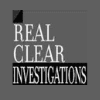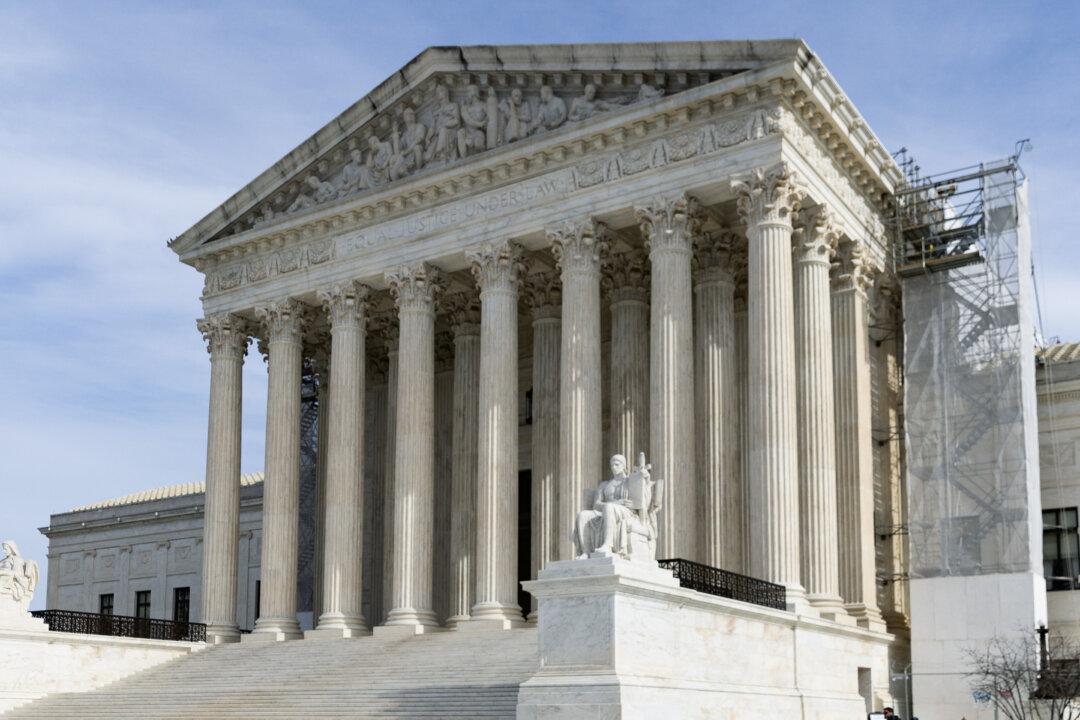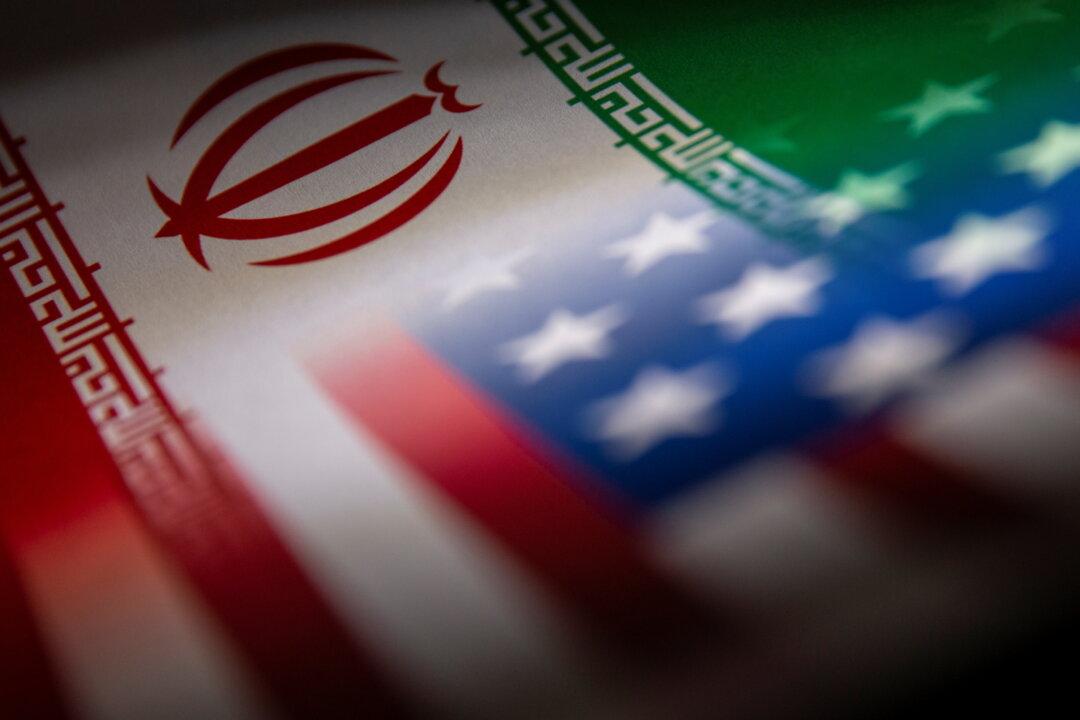When Wharton announced the creation of majors in “environment, social, and governance” (ESG) and “diversity, equity, and inclusion” (DEI) in the summer of 2022, it represented the fruit of seeds planted decades earlier on its hallowed grounds.
Traditionally, it was understood that the purpose of a business was to maximize value for shareholders. But in recent decades, some academics began to question that premise. Among the pioneering contrarian business ethicists was Professor R. Edward Freeman.






